How Top Film & TV Writers Broke Into the Business

Breaking into the film and television industry is rarely a straight line or lucky wild card. While writing fellowships, contests, agent representation, or film school connections can help, many of today’s top film and television screenwriters built their careers outside traditional pipelines. Some started on the stage. Others went viral online through podcasts and social media to expand their digital footprints. A few simply wrote and produced their own content until the industry couldn’t ignore them any longer.
Let’s take a closer look at how twelve of the most influential modern creators made their leap—from fringe theater and Instagram sketches to Emmy-winning TV.
Issa Rae – From YouTube to HBO
Issa Rae’s rise began not in a TV writers’ room, but online with The Misadventures of Awkward Black Girl, a self-funded YouTube series that gained a loyal and growing following. The show, rich in character detail and comedic honesty, caught the attention of HBO executives. Rae co-created Insecure, bringing her unmistakable voice and millennial perspective to premium cable. Issa used her authenticity and specificity to build her indomitable brand.
Tyler Perry – Owning the Stage (and the Screen)
Before becoming a studio mogul, Tyler Perry spent years touring self-written plays to Black church and community audiences. His plays often dealt with faith, family, and resilience—stories that mainstream Hollywood largely ignored, thinking there wasn’t a subtantial audience for them. He funded his own films based on his own community in Atlanta, built his audience, and ultimately constructed Tyler Perry Studios, writing and producing multiple TV series simultaneously. Madea, one of Perry’s signature creations is based on a mixture of women that shaped him.
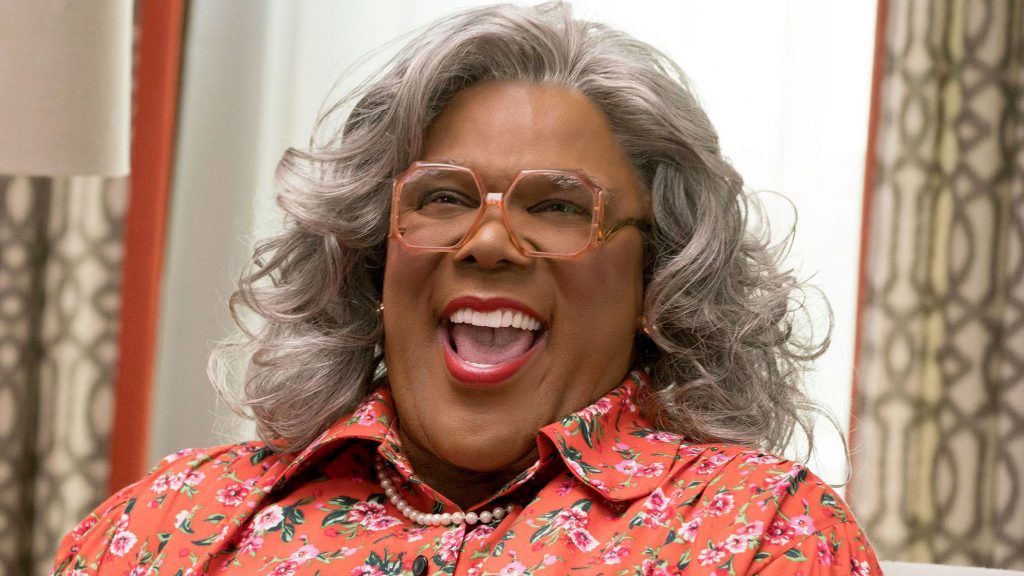
Madea (Tyler Perry)
Kevin Hart – Stand-Up and Scale
Kevin Hart’s origin story is rooted in stand-up comedy, but his transformation into a producer and writer was just as crucial. After gaining traction in the comedy circuit, Hart launched his sketch show Real Husbands of Hollywood and founded Hartbeat Studios. He began co-developing and co-writing content around his comedic voice and brand. He maintained creative and copyright control of his material to ensure it stays loyal to his brand.
Benito Skinner – Characters Born Online
Better known as Benny Drama, Benito Skinner began posting hyper-specific character sketches on Instagram and YouTube. His viral personas—pop culture parodies, PR girls, chaotic assistants—demonstrated his comedic writing chops. He soon built a formidable fan base landed development deals and co-created the semi-autobiographical Overcompensating.
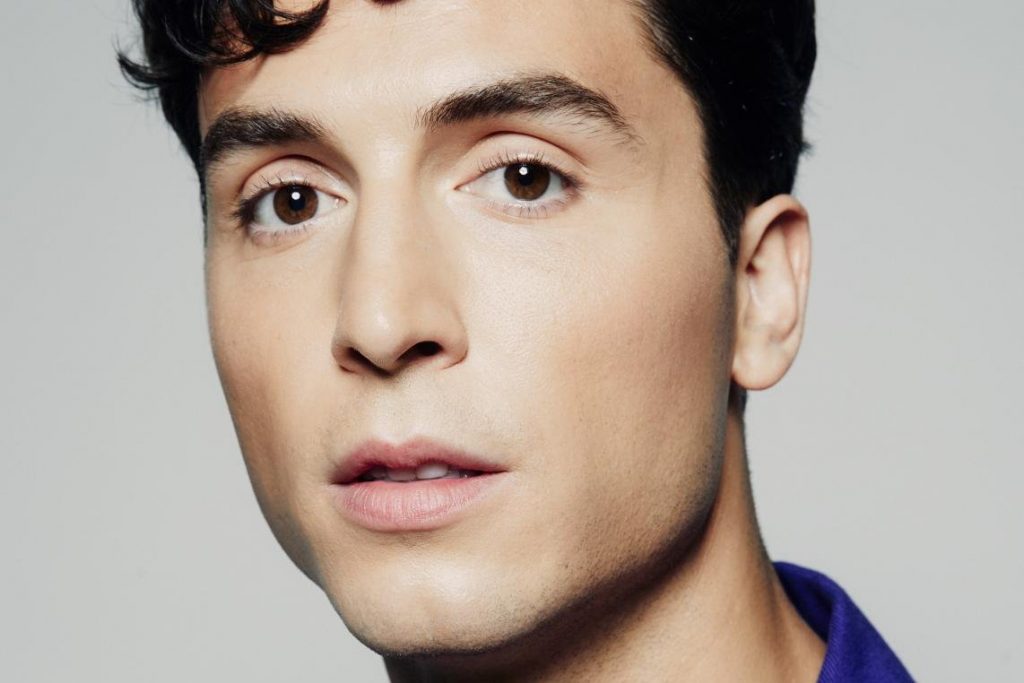
Benito Skinner. Photo courtesy of Prime Video
Donald Glover – From Sketches to Surreal Prestige
Donald Glover broke into TV writing via viral sketch comedy with his NYU troupe, Derrick Comedy. Tina Fey took notice and hired him as a writer for 30 Rock. He starred in Community before creating Atlanta, which fused surrealism, satire, and social commentary in a way that defied genre—and won Emmys.
Mindy Kaling – From Off-Broadway to Network TV
Kaling’s Matt & Ben, a satirical play about Damon and Affleck’s writing process, was a surprise hit at the New York International Fringe Festival. It led to a meeting with Greg Daniels, who hired her as a writer-performer on The Office. Kaling parlayed that into her own show, The Mindy Project, and later launched her own production company. Her work relies on sharp, personal satire.
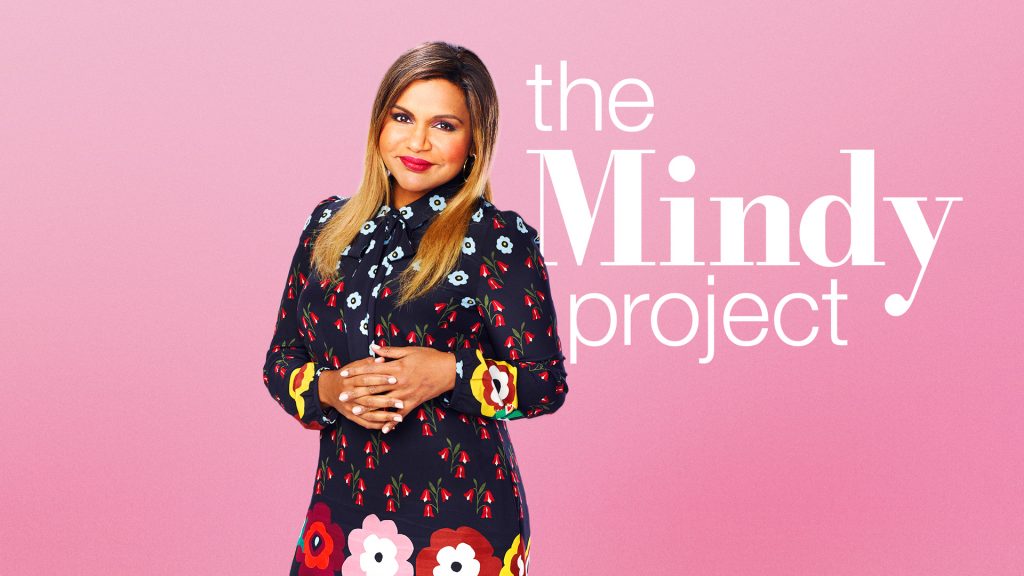
Photo courtesy of Prime Video
Shonda Rhimes – Traditional Film School Route
Rhimes took the more traditional route to success — film school at the University Of Southern California, industry internships, and writing spec scripts. She worked as a feature writer before creating Grey’s Anatomy, which became a cultural juggernaut clocking in 22 seasons… and counting. Her show is more about doctors than medicine. Rhimes’ writing is plot-driven, emotionally intense, and socially aware. She defined a network era which carried into her Netflix mega-deal with Bridgerton.
Phoebe Waller-Bridge – Theater as a Launchpad
Fleabag started as a one-woman stage show at the Edinburgh Fringe. Its raw vulnerability, dark comedy, and fourth-wall-breaking originality caught the BBC’s attention. The screen adaptation became a critical darling and launched Waller-Bridge into high-demand territory (Killing Eve, No Time To Die).
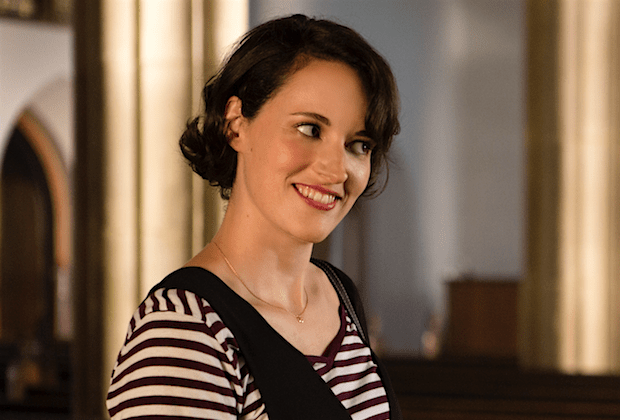
Phoebe Waller-Bridge. Photo courtesy of Prime Video
Vince Gilligan – From Contests to Cult TV
Gilligan won a screenwriting contest for his film Home Fries, which was produced by Drew Barrymore. That script led him to The X-Files, where he honed his craft. Eventually, he created Breaking Bad after a long hiatus, a series that redefined the empathetic anti-hero drama and changed the way Hollywood evaluated “slow burn” storytelling.
Lena Waithe – Breaking Through with Personal Storytelling
Waithe worked as an assistant to directors like Ava DuVernay and Gina Prince-Bythewood, all while developing her own material. Her Emmy-winning “Thanksgiving” episode of Master of None was a deeply personal and vulnerable exploration of coming out, and it earned her critical acclaim and the power to develop The Chi and Twenties.
Damon Lindelof – Writers’ Room Climb
Lindelof began as a writers’ assistant before landing his first staff gig. He later co-created Lost and became known for cerebral, mythologically rich storytelling (The Leftovers, Watchmen). His work blends genre spectacle with emotional stakes.
Aaron Sorkin – Dialogue that Opened Doors
Sorkin’s play A Few Good Men began as napkin scribbles during his time working in a Broadway theater. The play moved to the stage and was later adapted into a hit film, launching his Hollywood career. His signature high-speed dialogue and moral urgency carried through to The West Wing, The Social Network, and beyond.
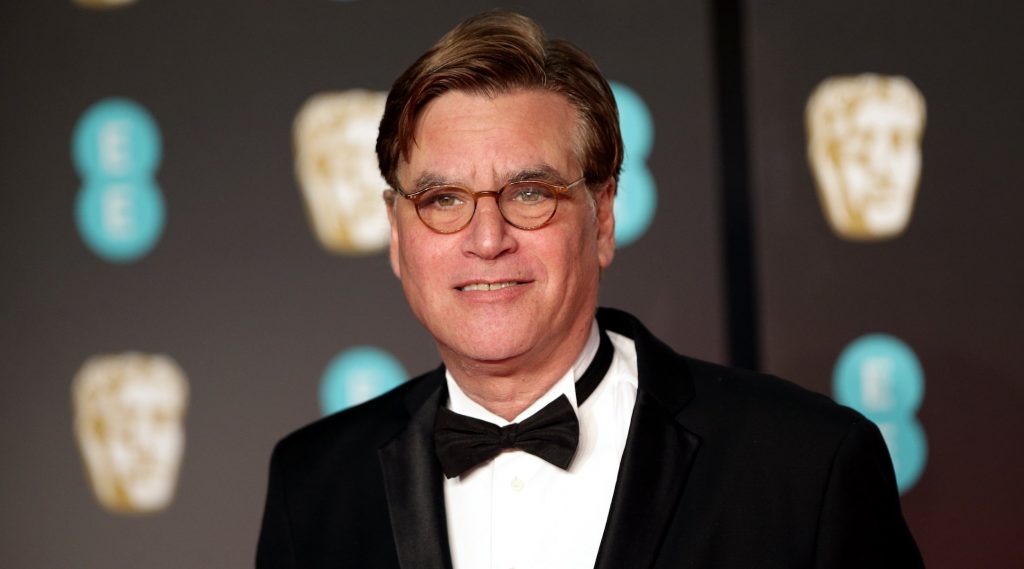
Aaron Sorkin. Photo courtesy of Getty Images
Final Thoughts
Being a screenwriter is one of the few creative careers where you have total control. You set your own writing hours – unless you have an assignment deadline. There is no single career pathway that will create that breakthrough script which set the town buzzing. However, the roads to screenwriting success are seemingly becoming more untraditional, including podcasts, theater, short stories, magazine articles, competitions, or even toys. Still, these avenues haven’t diminished the appetite for adapting award-winning novels into films and television shows.
Writers are encouraged to hone their distinctive voices and write consistently. Write that script that only you can write and will always be associated with you. Position yourself for the long game because you never know which script will sell.
Join the Discussion!
Related Articles
Browse our Videos for Sale
[woocommerce_products_carousel_all_in_one template="compact.css" all_items="88" show_only="id" products="" ordering="random" categories="115" tags="" show_title="false" show_description="false" allow_shortcodes="false" show_price="false" show_category="false" show_tags="false" show_add_to_cart_button="false" show_more_button="false" show_more_items_button="false" show_featured_image="true" image_source="thumbnail" image_height="100" image_width="100" items_to_show_mobiles="3" items_to_show_tablets="6" items_to_show="6" slide_by="1" margin="0" loop="true" stop_on_hover="true" auto_play="true" auto_play_timeout="1200" auto_play_speed="1600" nav="false" nav_speed="800" dots="false" dots_speed="800" lazy_load="false" mouse_drag="true" mouse_wheel="true" touch_drag="true" easing="linear" auto_height="true"]










You must be logged in to post a comment Login